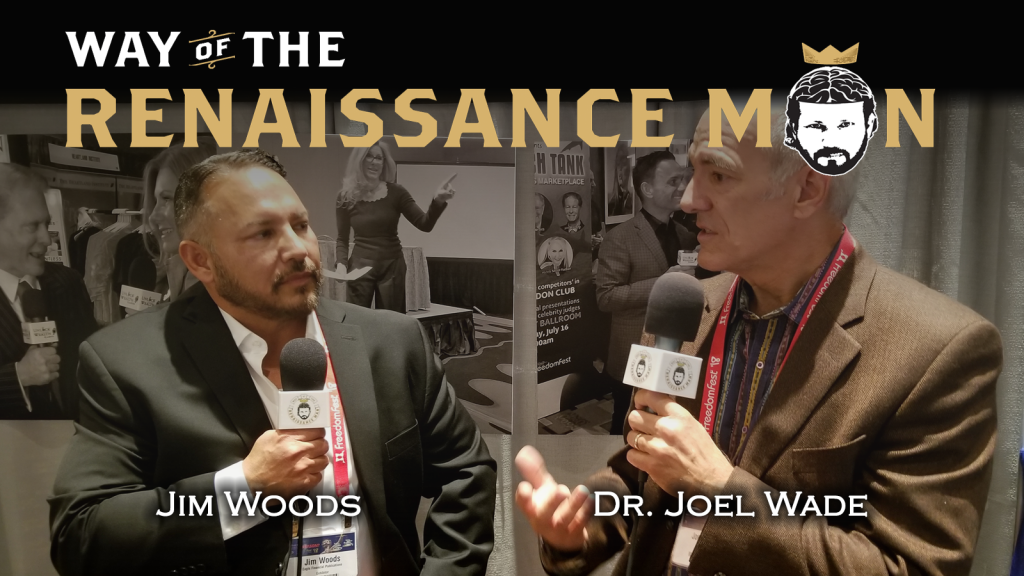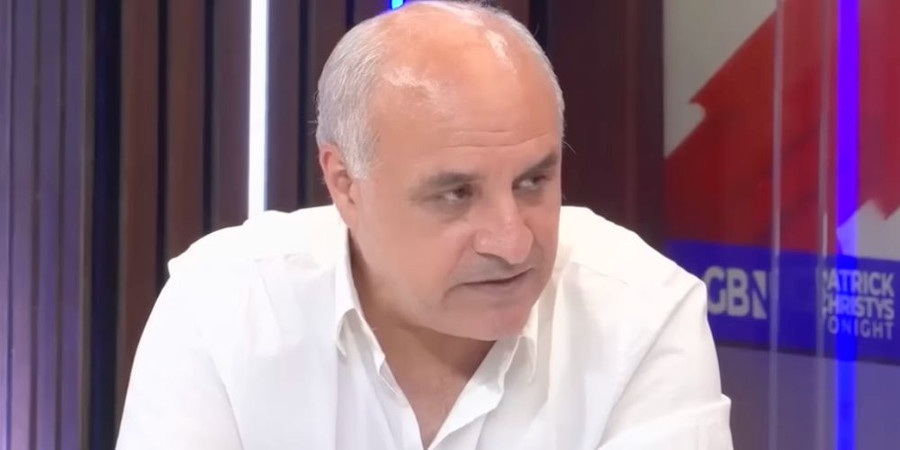Want to achieve more in life?
For most of us, the answer is yes. Yet, also for most of us, the idea of achieving more comes with the corollary notion that we are going to have to do a lot more, put in more hours, work harder and generally take on more and more tasks and responsibilities.
Yet what if doing less could allow you to achieve more? Now, when I say ???doing less,??? I am not talking about slacking off and just letting fate???s wind sail you across life???s lake. What I am referring to here is taking on fewer overall tasks and really concentrating on getting the critical things in life right.
Another way to describe this principle in action is to hone your focus on the most important tasks at hand, and thereby become a ???master of selectivity.??? You see, it is by concentrating your efforts on the most important priorities needed to achieve your goals, and letting go of extraneous and often distracting tasks, that you can enhance your performance in business and in life.
This idea of mastering selectivity and prioritizing tasks was the subject of a Wall Street Journal article titled, ???How to Succeed in Business? Do Less,??? by Morten Hansen, former management consultant and now professor of management at the University of California, Berkeley.
In the article, Hansen explained how his strategy for success at his ???dream job??? at Boston Consulting Group was to work exorbitant hours, a practice which he said often resulted in 90-hour work weeks. Yet despite all his time and hard work, there was one colleague he had that put in far fewer hours, yet always had better solutions to problems than he did. Moreover, this co-worker put in a normal 8 a.m. to 6 p.m. day, never stayed late and never worked nights or weekends.
So, was this outperforming co-worker just that much smarter and talented than Hansen (as well as the rest of his colleagues)?
What Hansen discovered later in his academic research is it???s not a case of ???talent??? or ???natural ability??? or the willingness to ???work hard??? that can result in successful outcomes. Rather, what researchers have found that what is even more important to success is the ability to master selectivity.
???Whenever they [top performers] could, they carefully selected which priorities, tasks, meetings, customers, ideas or steps to undertake and which to let go,??? wrote Hansen. ???They then applied intense, targeted effort on those few priorities in order to excel.???
Hansen???s research also found that just a select few critical work practices related to such selectivity accounted for as much as two-thirds of the variation in performance among the subjects in a 2011 research study. ???Talent, effort and luck undoubtedly mattered as well, but not nearly as much,??? wrote Hansen.
So, how did the best performers in his study do this?
According to Hansen, ???Rather than simply piling on more hours, tasks or assignments, they cut back.??? Hansen then likened this ability to cut back and focus on what really makes the most difference to the philosophical principle known as Occam???s Razor. Named after philosopher and theologian William of Ockham, this principle stipulates that the best explanation in matters of philosophy, science and other areas is usually the simplest.
???At work, this principle means that we should seek the simplest solutions - that is, the fewest steps in a process, fewest meetings, fewest metrics, fewest goals and so on, while retaining what is truly necessary to do a great job,??? wrote Hansen. ???I usually put it this way: As few as you can, as many as you must.???
I like to apply this principle to my own life via something called the ???minimum effective dose.??? What this means is you want to concentrate on doing the things that have the most impact on your results, and that have the fewest extraneous elements and/or time commitments.
For example, in the realm of fitness, I engage in what???s known as high-intensity training, or HIT, to get the best strength and conditioning results in the briefest period of time, and in the safest, most efficient manner.
When investing and selecting top-performing companies for my newsletter advisory services, I concentrate on finding stocks with the strongest earnings, strongest relative share-price performance and stocks that are in the strongest industry groups. By focusing on these key components and filtering out much of the ???noise??? of extraneous data, I am better able to make good investment choices.
Finally, the principle of focusing more on less, i.e. focusing your effort on the most critical elements of a task or objective rather than becoming sidetracked by the superfluous, is something we can all apply to nearly every part of our lives.
So, if you want to achieve success in any walk of life, focus on the critical elements - and then get them right. Once you do that, you???ll often find the rest tends to fall into place.
Upcoming Appearances
I will be appearing at the Dallas MoneyShow on Oct. 4-5. I will be giving two presentations, ???How to Invest Like a Renaissance Man,??? and ???7 ETFs to ???Trump??? the Market.??? For more information, or to register for this event, just follow the Dallas MoneyShow website link.
*********************************************************************
Discovering ???The Virtue of Happiness???
Happiness.
Is happiness a goal we should aspire to, or is it something more? And, how do you achieve real happiness?
Let???s face it, happiness is a serious problem. That???s because happiness is difficult to define, and the feelings associated with happiness can be both evanescent and elusive.
In the latest episode of the Way of the Renaissance Man podcast, I speak with Dr. Joel Wade, author of the fantastic book, ???The Virtue of Happiness.???

Dr. Wade is a psychologist who specializes in marriage and family therapy. He???s also a life coach, podcast host and author.
In this discussion, we talk about happiness the way Aristotle defined it, i.e. ???eudaimonia??? or ???the success of being human.??? According to Dr. Wade, happiness should always be ???on your radar like a point on the shore to aim your boat.???
Dr. Wade wants people to create what he calls a ???virtuous cycle,??? which means focusing on cultivating key virtues such as gratitude, courage and integrity that create the foundation necessary for a truly happy life.
We also talk about the role of ???grit,??? i.e. the ability to persevere through challenges and hardship to achieve goals over time, and how that relates to happiness.
I really enjoyed my discussion with Dr. Wade, and I think you will too.
Finally, if you like the Way of the Renaissance Man podcast, I encourage you to subscribe to the show on iTunes.
Doing so is free, and it will ensure you never miss the latest episodes.
*********************************************************************
Taking Away Perfection
???Perfection is finally attained not when there is no longer anything to add, but when there is no longer anything to take away.???
- Antoine de Saint-Exupéry
The French aviator and author documented his adventures as a pilot in works such as ???Wind, Sand and Stars??? and ???The Little Prince.??? Here, Saint-Exupéry reminds us that stripping things down to their essentials is often the way to get to ???perfection.??? Try that in your own life. I suspect you???ll gain more freedom in all sorts of ways.
Wisdom about money, investing and life can be found anywhere. If you have a good quote you???d like me to share with your fellow readers, send it to me, along with any comments, questions and suggestions you have about my newsletters, seminars or anything else. Click here to ask Jim.





